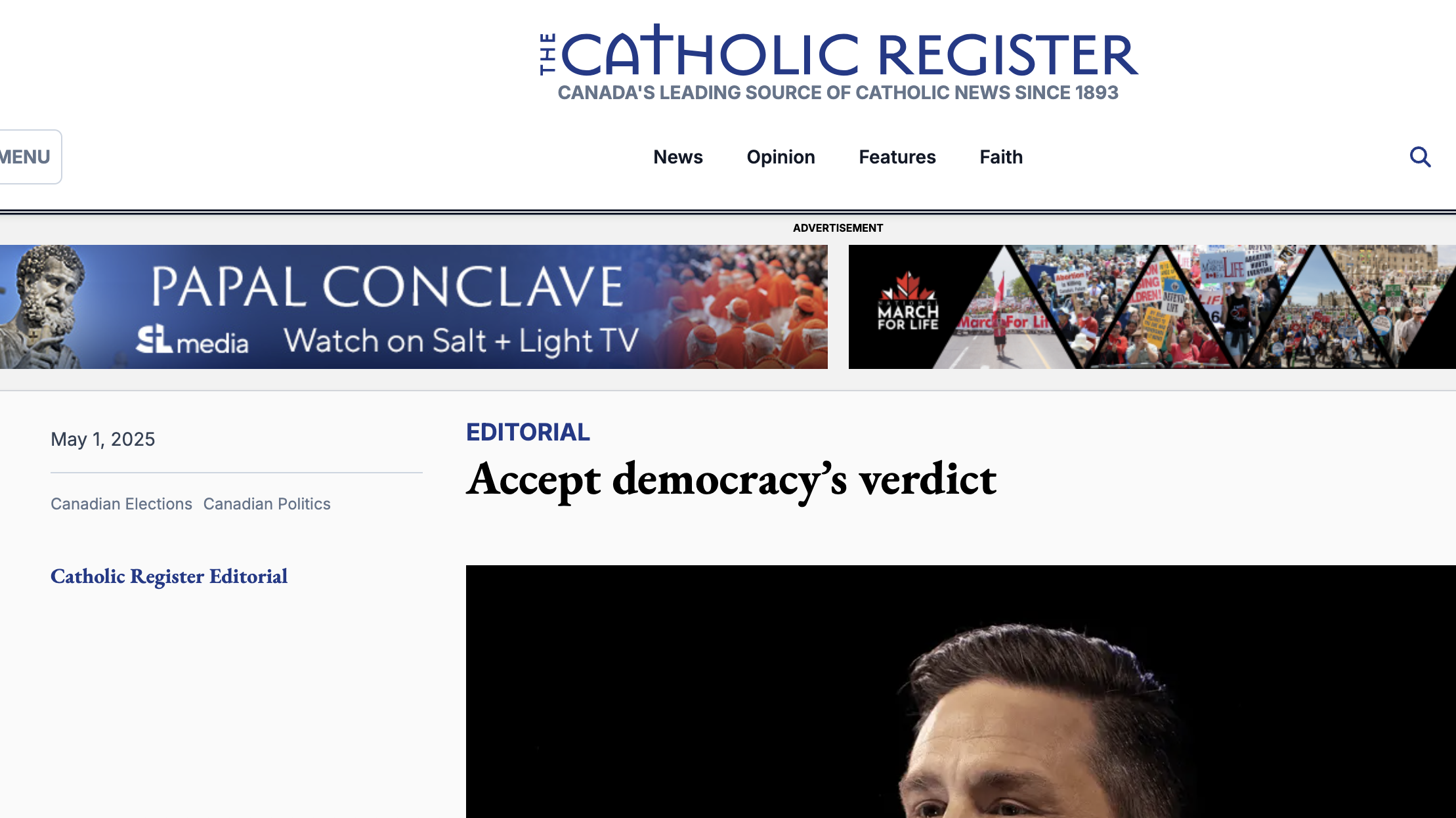Since Foreign Minster's Stephane Dion's opposition to proceeding with the bill has invigorated a robust public debate on the issue, a brief overview of arguments on both sides of the question is offered herein.
- Wrong decision: The Magnitsky bill simply creates another reason to be in a confrontational mode with Russia and Canada should take into account the ecocomic benefits that a good relationship would have. Right decision: The Magnitsky bill continues Canada's consistency in adhereing to its history of principled decisions. Rejecting the Magnitsky legislation would be announcing to the international community that previously held values must be subordinate to questions of trade and diplomatic coziness.
- Wrong decision: The Magnitsky bill promotes a business evironment not conducive for Canadian businessmen pursuing a welcoming business atmosphere in Russia. But the Magnitsky bill actually is right by upholding the rule of law. Sergei Magnitsky in effect acted on behalf of all of us in upholding the rule of law in Russia. This would also assure human rights defenders in Russia that they are not alone, and the bill would in fact protect Canadian business intertests in Russia.
- By adopting the Magnitsky bill, Canada will be advocating disunity amongst its allies who also favour friendly, economically smooth relations with Moscow. But when a 32-person Magnitsky sanctions list was introduced into the European Parliamnet, it passed with 100 per cent of the vote. In the same spirit, when the Magnitsky Act came up in the U.S. Congress, it passed 92-4 in the Senate and had an 89 per cent support in the House of Representatives. The partliamentary assembly of theOrganization for Security and Co-operation in Europe had recommended the adoption of the Magnitsky bill some four years ago. It seems that Canada in not adopting the legislation will in fact be an agent of disunity.
- Canada does not need new Magnitsky legislation because Canada already has an exisiting act allowing the Canadian Government to do what Magnitsky is designed to do – the Speacial Economic Measures Act. But that law does not allow in Canada the freezing of assests of human rights violators. The Magnitsky bill would allow this.
- The ‘Magnitsky Act' will not eliminate misuderstanding between Russia and Canada. Engagement with Russia will. But in the past, engagement has usually meant the appeasement of a government, who, with impunity has benefited from the the abuse of human rights. (Witness the killing of Boris Nemtsov, Russia's opposition leader to Vladimir Putin's regime and the latter's blatant repression of any realistic opposition progress, during a period of relative ‘friendly relations'.)
- Sanctions usually cause difficulties for the whole population of the country that has been targeted. But the Magnitsky bill will be selective in nature, by choosing identified human rights abusers and corrupt officials. The legislation enforces sanctions against only the perpetrators and leaves innocent people alone, those who make up the vast majority of the country's residents.
It does not follow that by adopting the Magnitsky act Canada would have to braek up diplomatic relations or retreat from any other dialogue Canada might have with Russia. It does mean the condemnation of the behaviour of officials with documented human rights violations and strict refusal to have any dealings with them.
Laas Leivat




